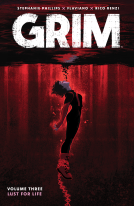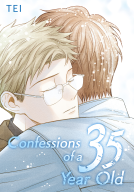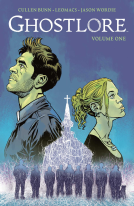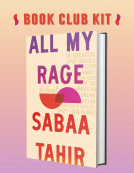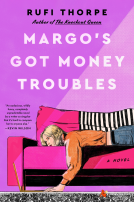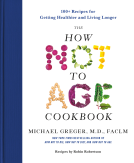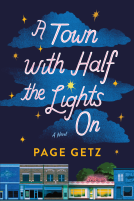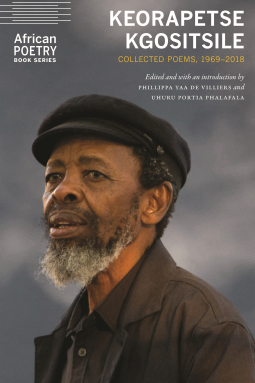
Keorapetse Kgositsile
Collected Poems, 1969–2018
by Keorapetse Kgositsile
This title was previously available on NetGalley and is now archived.
Send NetGalley books directly to your Kindle or Kindle app
1
To read on a Kindle or Kindle app, please add kindle@netgalley.com as an approved email address to receive files in your Amazon account. Click here for step-by-step instructions.
2
Also find your Kindle email address within your Amazon account, and enter it here.
Pub Date Jan 01 2023 | Archive Date Dec 31 2022
Talking about this book? Use #KeorapetseKgositsile #NetGalley. More hashtag tips!
Description
During his lifetime, Kgositsile dedicated the majority of his poems to people or movements, documenting the struggle against racism, Western imperialism, and racial capitalism, and celebrating human creativity, particularly music, as an inherent and essential aspect of the global liberation struggle. This collection demonstrates the commitment to equality, justice, and egalitarianism fostered by cultural workers within the mass liberation movement. As the introduction notes, Kgositsile had an “undisputed ability to honor the truth in all its complexity, with a musicality that draws on the repository of memory and history, rebuilt through the rhythms and cadences of jazz.” Addressing themes of Black solidarity, displacement, and anticolonialism, Kgositsile’s prose is fiery, witty, and filled with conviction. This collection showcases a voice that wanted to change the world—and did.
Advance Praise
“If I could sing, after a sudden rain, I would certainly praise in my song Keorapetse Kgositsile’s poetry because it was shaped by his body and his soul, both of them existing all along a marvelous and historical lifetime—Willie’s property—forever beginning, forever laughing, like he did himself, inspired, nourished by Afrika, the deep and wise homeland of our own. His transparent voice was given to the service of freedom, all over the planet. Kgositsile is like his fellow poet David Diop, a strong ‘spirit, ever since unchained.’ And I will always say to him: Thanks, brother, ‘You are what Man should be.’”—Nancy Morejón, author of Before A Mirror, The City and Homing Instincts/Querencias
“What Kgositsile has to say is too urgent for the conceit and fanciful ambiguity of literary artifice.”—Chinua Achebe
“The young want to move and they want everything else to move—including poetry. Willie Kgositsile’s poetry lunges, strains its muscles—and barks or howls or richly murmurs or screams.”—Gwendolyn Brooks, introduction to My Name Is Afrika
Available Editions
| EDITION | Other Format |
| ISBN | 9781496221155 |
| PRICE | $24.95 (USD) |
| PAGES | 268 |
Featured Reviews
 Reviewer 1052171
Reviewer 1052171
Mandela's Sermon was unforgettable. I've never heard of this poet, despite so much of his work being so sharp and moving. More people need to be exposed to this work.
 Jen N, Reviewer
Jen N, Reviewer
As a historical document, this collection of Keorapetse Kgositsile's poetry (opened with an introduction to his life and work that comprises the first quarter of the book), is fantastic. The chronological progress of the poems tracks alongside evolving political movements, from the anti-apartheid struggle, to the US civil rights movement, to the cold war and de-colonialism.
The poetry itself, both in terms of language use and political bent, hasn't always aged well. And while those elements (from post-colonial politicians who evolved into totalitarianism, to rape metaphors) may make some of the work less politically relevant in the current sense, they still serve to tie the poems to the times and places in which they were originally written, which is fascinating.
Keorapetse Kgositsile is filled with poems dealing with the realities of global racism, revolution, family, and rejecting death. While I rate this a 5/5 I will say that lot of these poems weren't for me. That's not suggesting that they're bad in any way - they're not! I'm just not the person who is going to connect to them in the ways he intended. They're not my experiences. They're not conversations for me and I respect that.
Some parts are uncomfortable to read, which is their purpose. Reading through discomfort is nothing compared to living that discomfort. Some language is outdated, which I think is something too many white people are going to focus on because they will pinpoint 'problematic' behavior of poc while giving passes to white supremacists in literature.
I'd suggest this if you consider yourself to be anti-racist and want to learn more about the historic experiences of global racism.
Readers who liked this book also liked:
Michael Greger, M.D., FACLM
Cooking, Food & Wine, Health, Mind & Body, Self-Help
Jason Chatfield; Scott Dooley
Comics, Graphic Novels, Manga, Entertainment & Pop Culture
